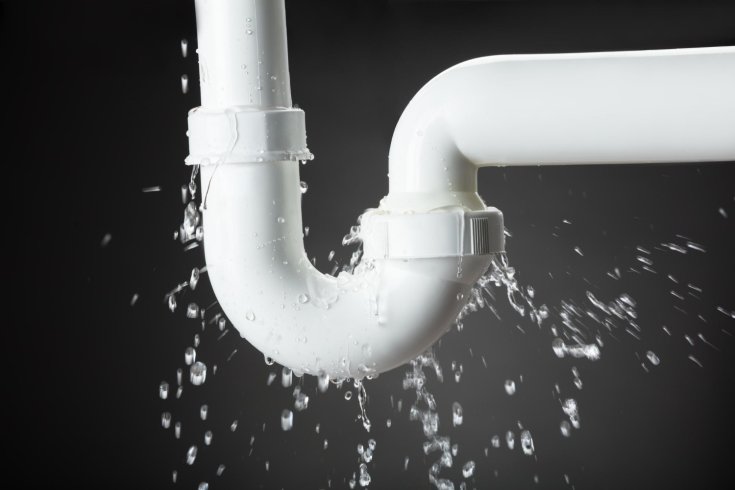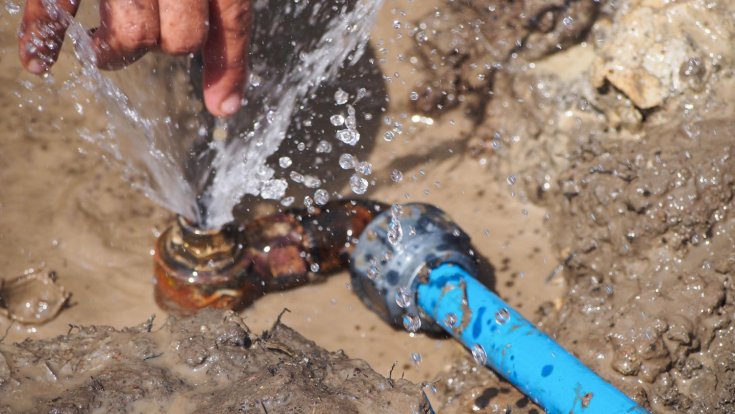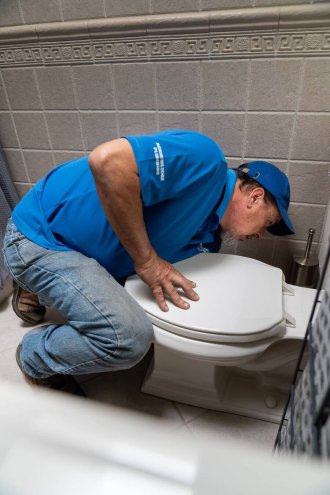Jul 01, 2024 Maintaining a plumbing system requires more than just calling a plumber when problems arise. Responsible property owners not only proactively keep up with routine maintenance and cleaning but also understand the general workings of their plumbing system.
A key aspect of this knowledge involves familiarizing oneself with the types of pipes commonly used in both commercial and residential buildings. In this brief article brought to you by Acknowledge Plumbing, we take a quick look at the types of pipes you should be aware of.
If you need a uniformed plumber for an emergency repair, or want to schedule a professional leak detection, then call Acknowledge Plumbing to schedule a flexible appointment or request urgent assistance today.
Water leaks, whether apparent or hidden, are a homeowner's nightmare. They can…
Read More When expanding your living space with an Accessory Dwelling Unit or a…
Read More From unexpected backups to soggy lawns, the signs of a failing septic…
Read More Do you want to keep your lawn and garden lush and vibrant,…
Read More Have you been struggling with a stubborn shower leak or a…
Read More Our Services
Acknowledge Plumbing provides 24-hour residential and commercial plumbing repair & installation services in Sacramento County and all surrounding areas. Call our office now to schedule a nearby plumber.
Plumbing Pipes 101: The supply pipes
Supply pipes are responsible for delivering clean water from the main supply to various fixtures and appliances throughout the building. These pipes need to be durable, corrosion-resistant, and capable of handling high pressure.
Common materials used for the water line include copper, which are highly durable and resistant to corrosion and high temperatures, and PEX (cross-linked polyethylene), known for its flexible and ease of installation. CPVC, or chlorinated polyvinyl chloride, are also common as they are suitable for hot and cold water, and they are resistant to high temperatures and corrosion.
Though copper is the most preferable thanks to its reliability and long lifespan, they are expensive compared to the alternatives. They also require more labor-intensive installation methods.
Plumbing Pipes 101: The drain pipes
Drain pipes are meant to remove wastewater from sinks, toilets, showers, and other fixtures by channeling it to the main sewer line or septic system. These pipes must be resistant to corrosion and capable of handling a variety of waste materials.
PVC and cast iron are common materials used in drain pipes. While both PVC and cast iron offer long-lasting performance, cast iron is heavy and more difficult to install compared to PVC. Cast iron is also more expensive than PVC.
Plumbing Pipes 101: The waste pipes
Waste pipes carry wastewater from various drains to the main drain line. These pipes are typically larger in diameter than supply pipes and drain pipes, and they must be strong enough to handle all types of waste.
PVC pipes are the common material for waste pipes due to its ease of installation and durability. Some systems use ABS (acrylonitrile butadiene styrene), which is similar to PVC but stronger and more resistant to physical impact.
Plumbing Pipes 101: The sewer pipes
Sewer pipes transport wastewater from the building to the municipal sewer system or a septic tank. These pipes must be durable and capable of handling large volumes of waste. As such, typical materials include PVC, cast iron, or clay.
Plumbing Pipes 101: The vent pipes
Vent pipes are essential for maintaining proper air pressure in the plumbing system, allowing wastewater to flow smoothly and preventing sewer gases from entering the building. Cast iron is used in some older buildings and certain commercial applications, but PVC is more commonly used nowadays.
Choosing the right pipe for your plumbing system
Whether you are planning a new-build or simply need a pipe replacement in an existing home, the professionals at Acknowledge Plumbing are ready, willing and able to help.
Our uniformed plumbers have the expertise, experience, and equipment to handle most water leak repair and replacements the first time around. Call Acknowledge Plumbing to schedule an appointment or request urgent assistance today.

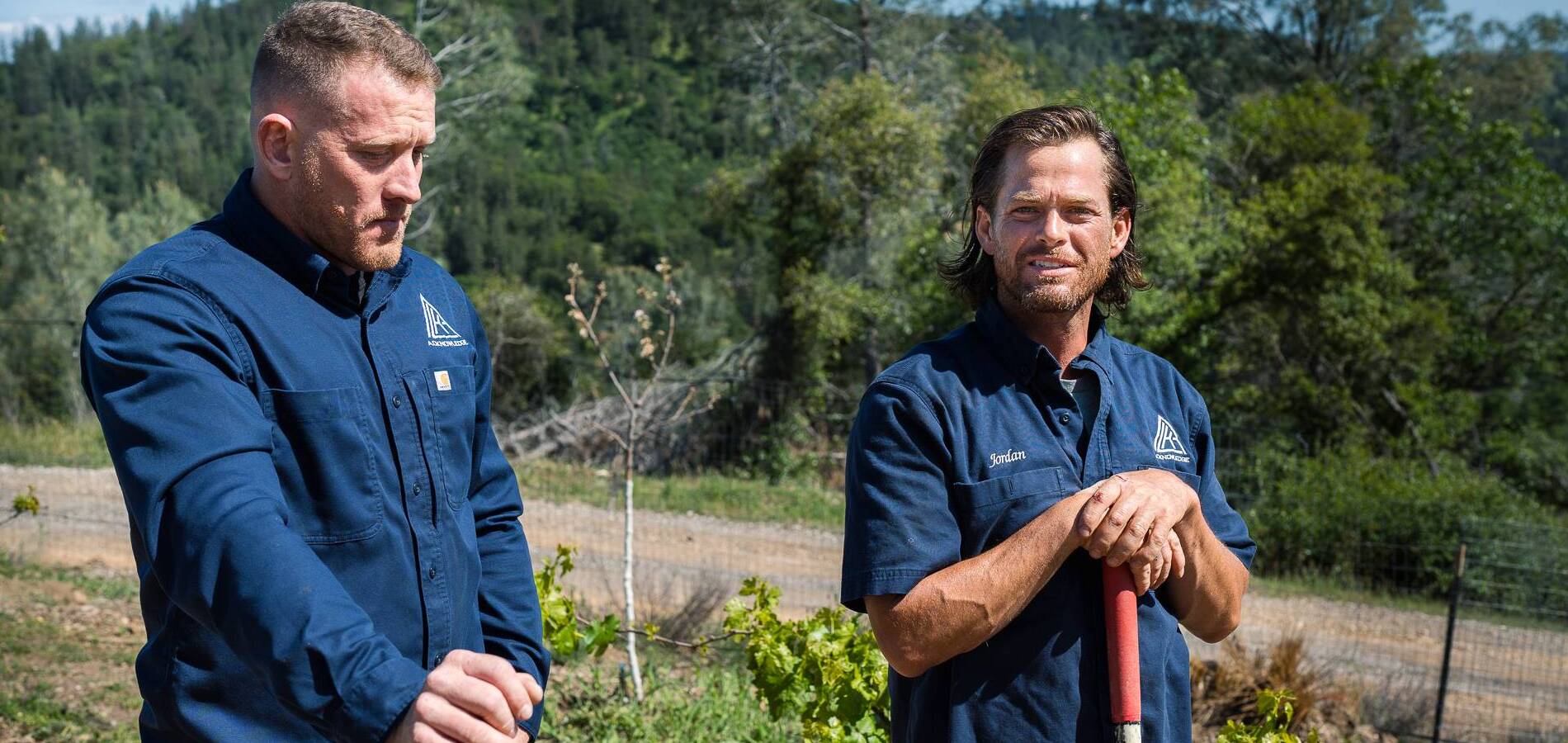
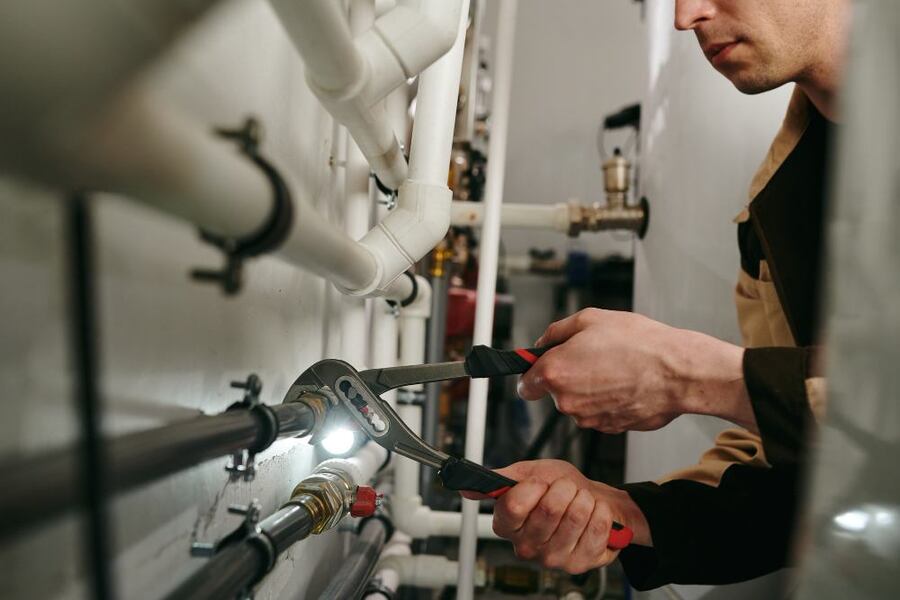
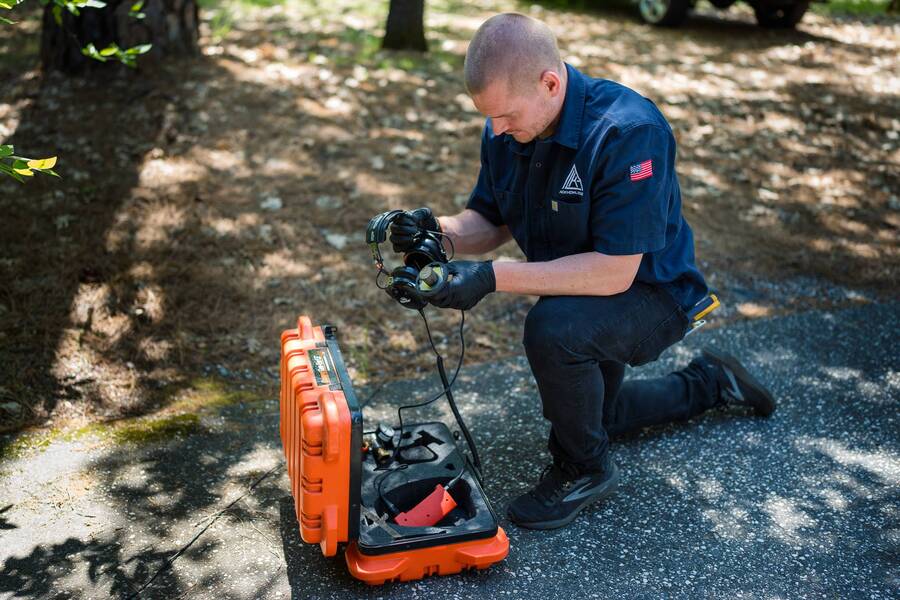
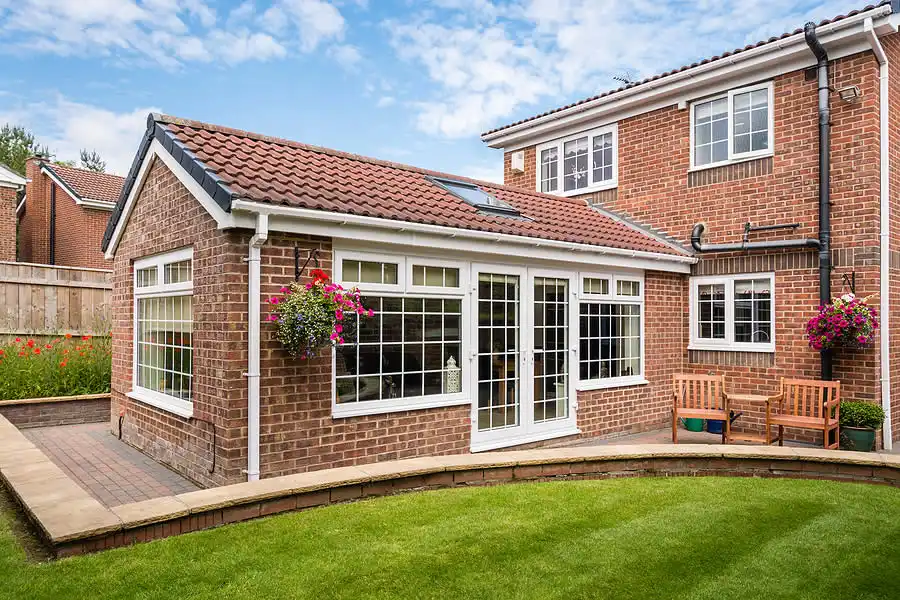
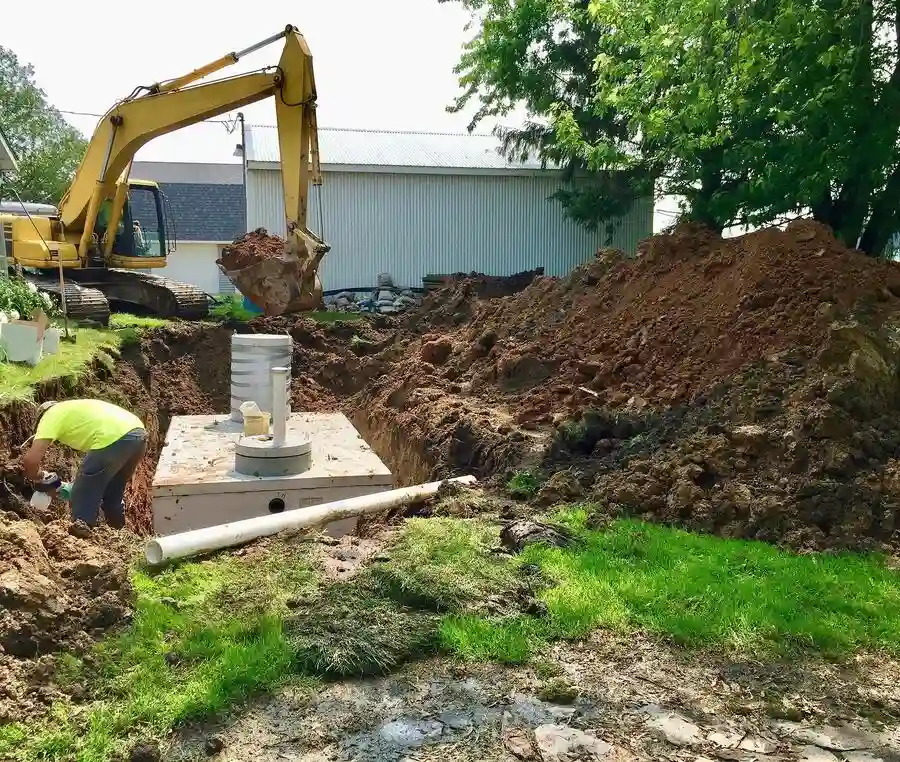
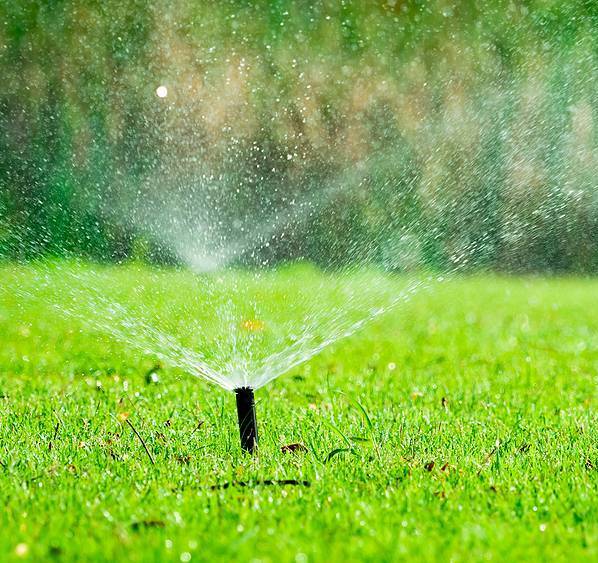
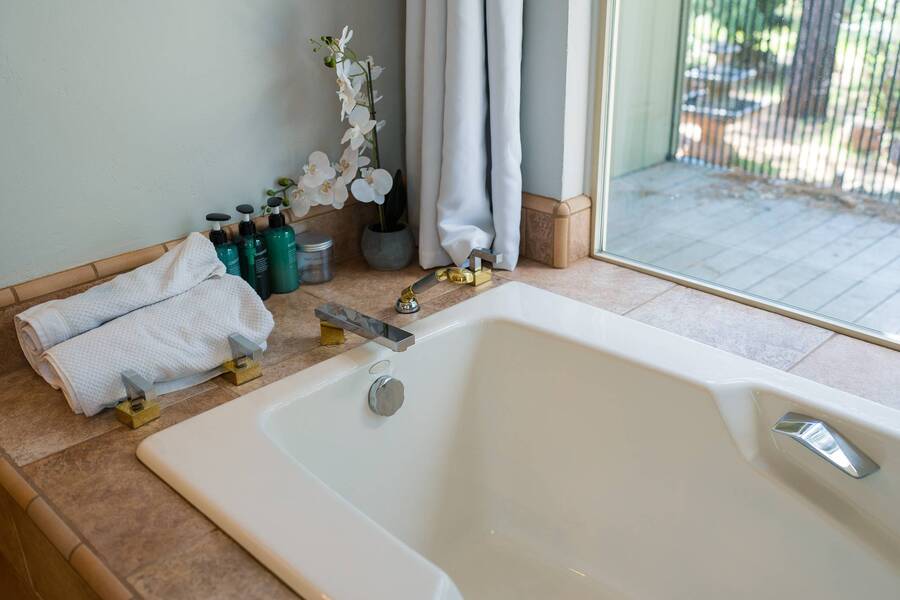
.webp)

